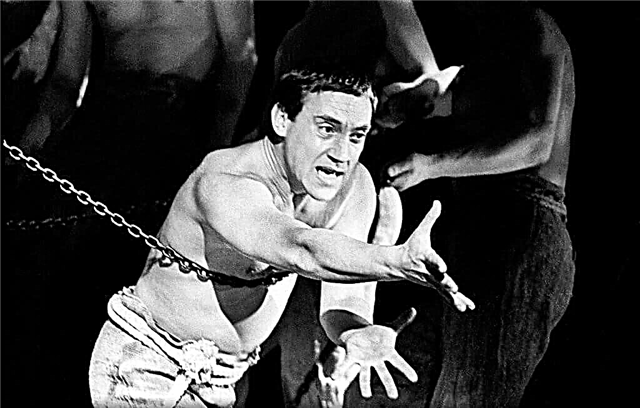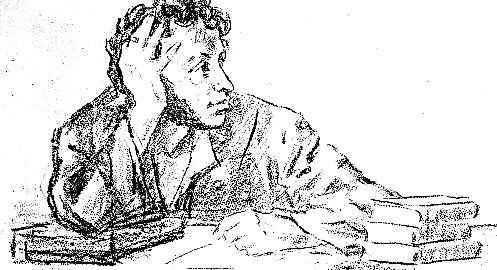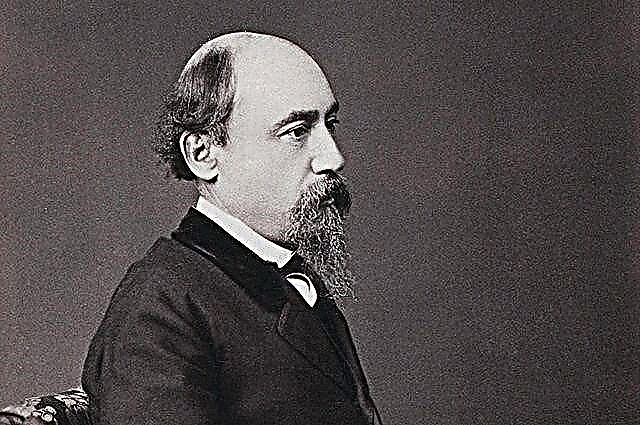(417 words) Since childhood, we have become accustomed to the fact that all dreams must come true: Santa Claus gives the right gifts, mom buys what she wants, friends make me happy day after day. But at a certain stage of growing up, we think, is this so? After all, there are both bad and false dreams, which a person soon abandons, are they really supposed to come true? I think not, because people tend to make mistakes and deny what they no longer need. I will give examples from the literature that will help me to justify my answer.
In A.P. Chekhov's story Gooseberry, the hero dreams of his house with a large plot where he could grow his favorite berries. His father’s estate was put out of bidding for debts, and then the man was determined to make his dream come true and buy a manor. For the sake of this, he calculatedly married an old and ugly woman, but with his savings he killed an unfortunate victim, she died, and Nikolai Ivanovich spent the entire inheritance on the implementation of his project. As a result, he achieved his goal and healed in a big way. However, as his brother notes, he degraded and sank, becoming a master. Now all the servants did everything for him, and he only shouted at them and ate his sour gooseberry, drowning in the routine of idleness. Not only did his dream actually cost the life of an unhappy woman, but it also made him a petty and lazy egoist. Such vain, unspiritual and evil dreams should not come true, because they lead a person astray from the true path and turn him into an animal that needs only comfort.
Another example was depicted by A. S. Pushkin in the book The Queen of Spades. Hermann also dreamed of personal enrichment. Having learned about the secret of three cards, which guaranteed quick earnings, he discarded all scrupulousness and began to fulfill his desire. The hero decided to get to the old countess through her pupil. He convinces the girl of the sincerity of his feelings, and then uses her love and penetrates the old woman's house. In an attempt to find out the secret, the man brings the countess to death. But later she comes to him in a dream and fulfills his dream in exchange for a promise to marry a pupil. Hermann did not keep his word, but applied the secret as intended. As a result, he lost everything and went crazy. His dream, too, should not have come true, it would serve Herman as an incentive for honest work.
Thus, not all dreams correspond to lofty ideals, some of them are false and immoral. As a rule, such “wrong” dreams are saturated with egoism, which poisons them. They lead a person not to happiness, but to self-satisfaction, therefore they should not be brought to life. Indeed, the realization of their vulgarity and selfishness will lead to disappointment in yourself.












